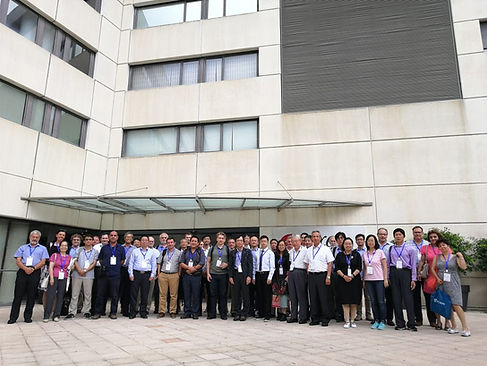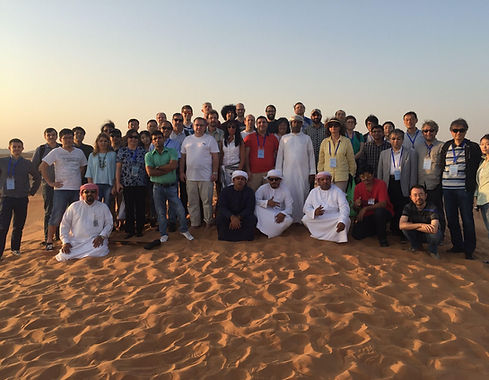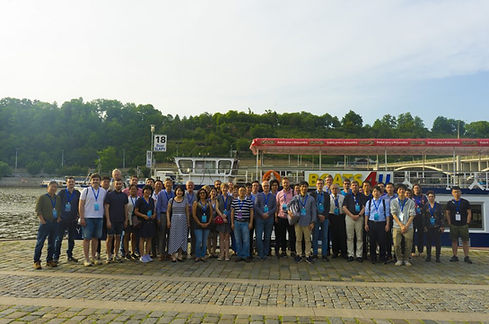IFFS Conf.
Previous Conference
Launched in 2008 as a small workshop in a historic Orlando villa, the Energy, Materials, and Nanotechnology (EMN) Summit has grown into a globally recognized forum for interdisciplinary collaboration. Initially focused on niche topics like photovoltaic materials, its intimate setting fostered meaningful dialogue among researchers, laying the foundation for its expansion. By 2012, the conference relocated to St. Thomas (U.S. Virgin Islands), marking its transition to an international platform. Subsequent editions in Santorini (2014), Las Vegas (2016), and Houston (2018) mirrored its alignment with global scientific hubs, addressing themes from nanoscale energy storage to oilfield nanotechnology.
The EMN Conference’s success stems from its adaptability. Early workshops emphasized foundational research, but as sustainability became a global priority, the agenda expanded to include renewable energy systems, green nanomaterials, and AI-driven materials discovery. A hallmark of EMN is its interdisciplinary synergy—bridging materials science with policy, industry, and urban planning. For instance, sessions often link technical innovations, like perovskite solar cells, to broader energy transition frameworks.
Networking remains central to EMN’s ethos. Informal roundtables from its villa-era evolved into structured matchmaking sessions and startup pitch competitions. Notably, a 2015 Santorini panel spurred a multinational consortium on solid-state batteries, while collaborations at later editions advanced solar energy and nanomaterials ventures. The conference also prioritizes nurturing emerging talent through initiatives like the *EMN Young Innovators Award*, recognizing breakthroughs by researchers under 35.
While the conference series paused between 2019 and 2024, its legacy endures through published partnerships in journals like *Advanced Energy Materials* and its role in shaping global R&D agendas. Plans to revive the series emphasize hybrid formats to enhance accessibility and address emerging challenges like nanotechnology ethics and regional energy transitions.
From its origins as a modest workshop, EMN has become a catalyst for transformative science, proving that collaborative, interdisciplinary dialogue can turn small ideas into solutions with planetary impact.
.jpg)


























